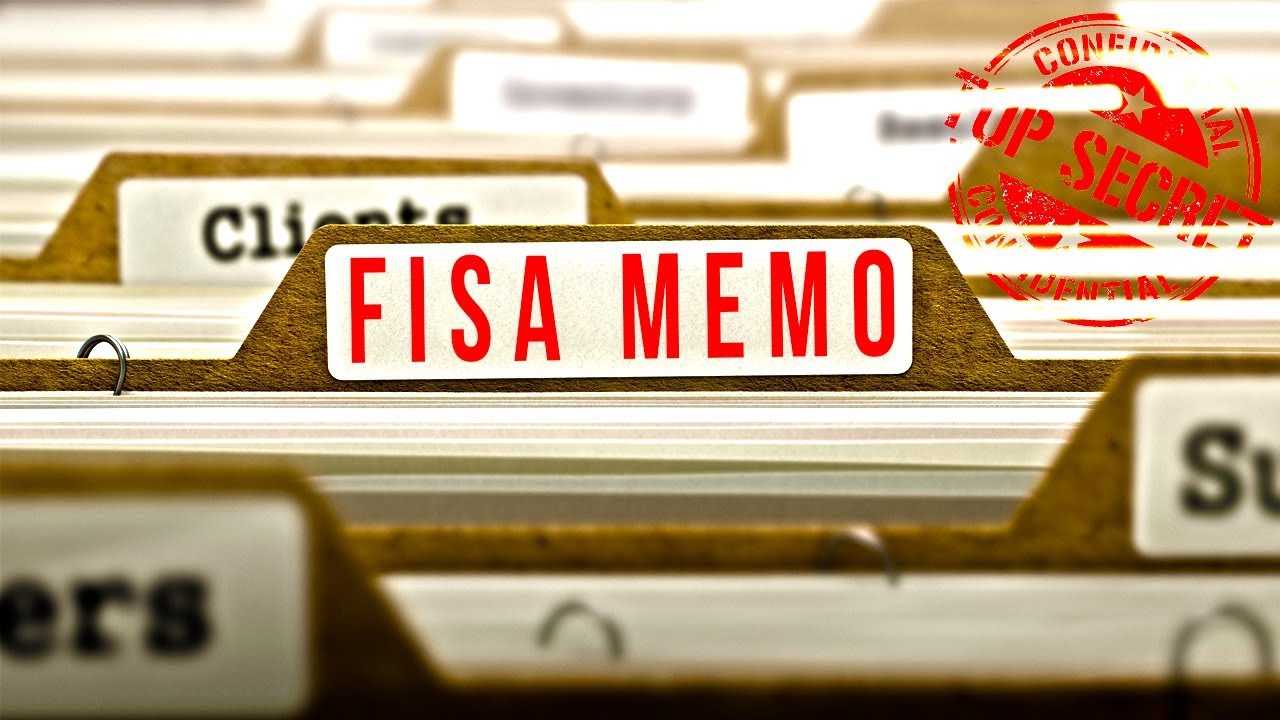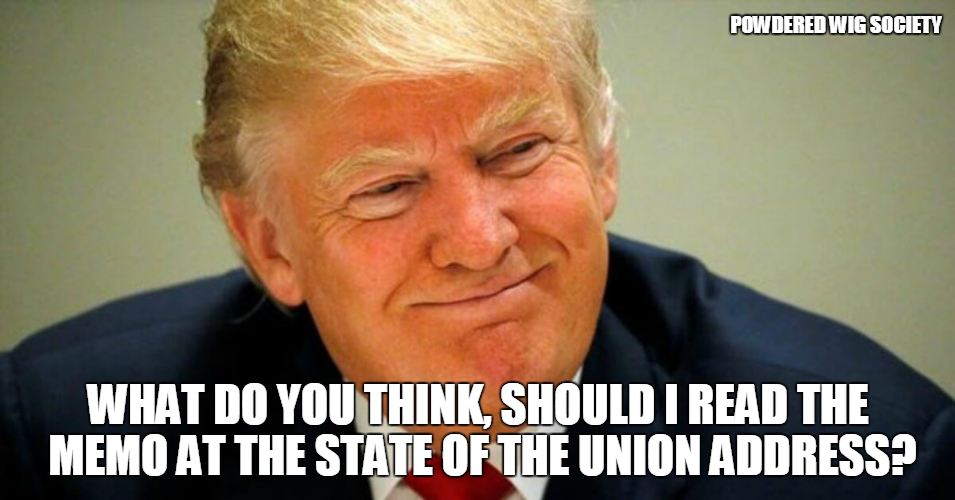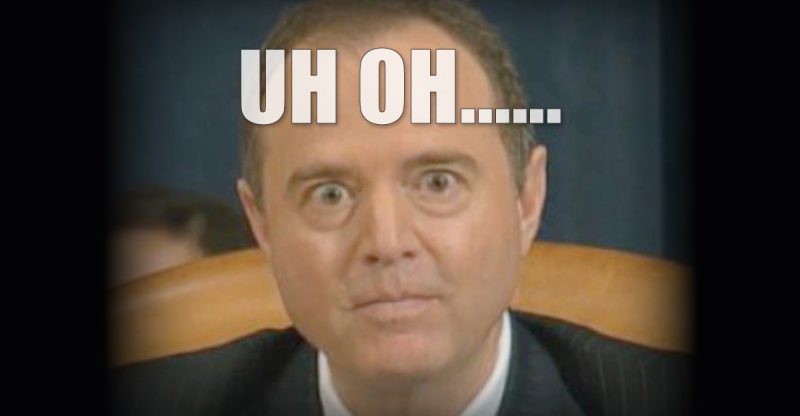President Trump is expected to release the FISA memo as written by Devin Nunes, without FBI redactions

Notwithstanding the FBI’s attempts to alter or redact the soon-to-be-released FISA memo, it is now being reported that President Trump will release the document as written by Congressman Devin Nunes, minus a few “technical edits.”
President Trump is expected to approve the release of a classified memo spearheaded by the staff of House Intelligence Committee Chairman Devin Nunes.
According to a Thursday afternoon pool report, via the Washington Examiner, a White House official confirmed upon arrival to West Virginia that the president “has read the memo.”
Trump will declassify the controversial four-page memo that reportedly details surveillance abuses by the Department of Justice and FBI, and send it back to House Intelligence for a Friday morning release.
“The president is OK with it,” a senior administration official told reporters. “I doubt there will be any redactions. It’s in Congress’ hands after that.”
Rep. Adam Schiff, D-Calif., sent a letter to Nunes late Wednesday alleging him of “secretly” altering the memo before sharing it with the White House.
Those changes, Schiff said, were not approved by the full committee as per protocol.
A spokesman for the House Intelligence Committee conceded that small edits were made, but dismissed the minority party’s complaints as an attempt to create a “bizarre distraction from the abuses detailed in the memo.”
The version Trump plans to declassify contains only “technical edits” made at the request of the FBI.
FBI Director Christopher Wray opposes release of the memo, and the bureau said in a rare public statement Wednesday it had “grave concerns” about the memo’s accuracy.
Trump was caught on a hot mic Tuesday night telling Rep. Jeff Duncan he would “100 percent” release the memo, and the president’s chief of staff John Kelly said during a radio interview early Wednesday that he thinks the memo “will be released here pretty quick.”
By invoking an obscure congressional rule Monday night, GOP lawmakers were able to vote along party lines to release the memo, sending it to the president and giving him a maximum of five days to explicitly object to the memo’s release.





